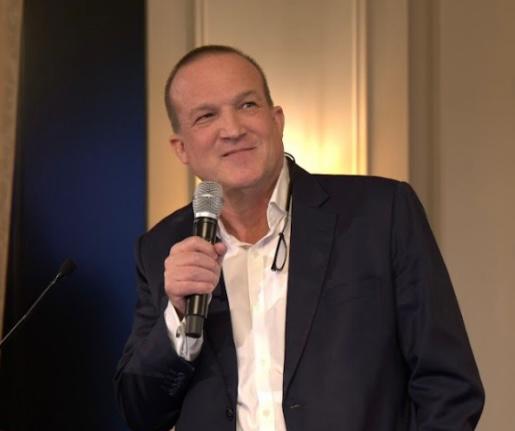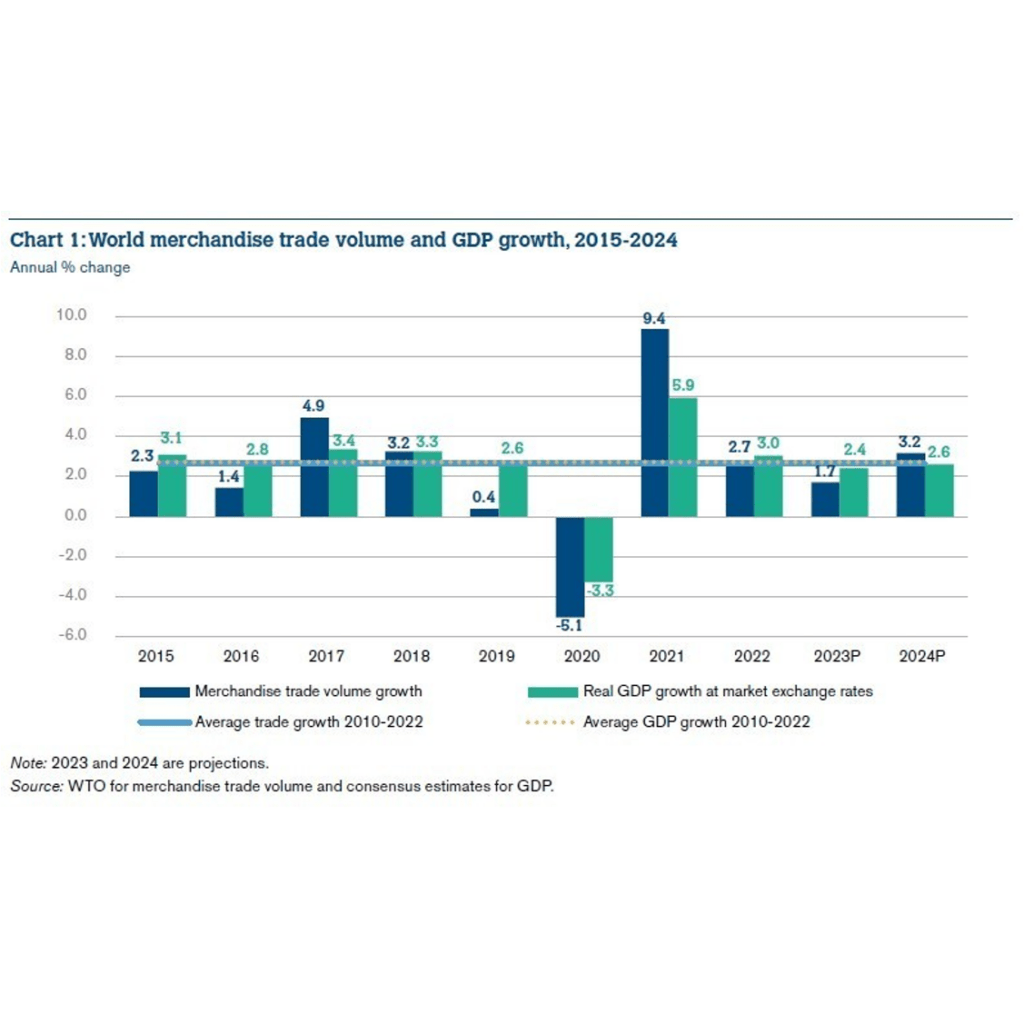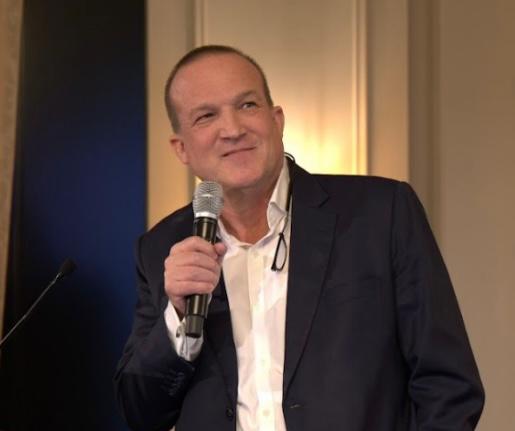Hong Kong – July 25, 2024 – Presslink Media, Dr. Raphael Nagel, Founding Partner of Tactical Management.
Abstract
Significant changes have occurred in Spain’s non-performing loan (NPL) landscape, particularly in the wake of the global financial crisis and the ensuing economic downturns. This study examines the nuances of secured non-performing loans (NPLs) in Spain, examining the underlying difficulties and new prospects. Along with providing information for stakeholders and investors, it also addresses the anticipated rewards from investing in these troubled assets.
Preface
The recovery efforts of Spain’s financial sector have centered on secured non-performing loans (NPLs). Following the global financial crisis, the Spanish banking industry, like many others in Europe, struggled with an increase in non-performing loans (NPLs). NPLs continue to present serious obstacles in spite of several legislative initiatives and economic reforms. If investors are prepared to work through the market’s intricacies, there are significant opportunities that come along with these hurdles. As the Founding Partner of Tactical Management, Dr. Raphael Nagel, it is imperative that you comprehend the advantages and disadvantages of investing in secured non-performing loans in Spain.
Understanding Non-Performing Secured Loans
Loans secured by tangible assets, usually real estate, are known as secured non-performing loans (NPLs). The loans are classified as “non-performing” when the borrower does not make planned payments for a predetermined amount of time, typically ninety days. Since the collateral for these loans can be confiscated and sold to recoup the outstanding debt, the secured nature of these loans potentially lowers the risk to lenders. But really extracting value from secured non-performing loans is a difficult task, especially in a market as unstable as Spain.
Problems in the Spanish Non-Performing Loan Market
1. The Framework of Law and Regulation
The management of secured non-performing loans is significantly hampered by Spain’s legal and regulatory framework. Despite reforms, Spanish insolvency laws continue to be ineffective and cumbersome. It can take years to finish the foreclosure process, which is frequently dragged out by court battles and administrative roadblocks. Investor holding costs rise as a result of this delay, which also lowers the present value of recoveries.
2. Competition and Market Saturation
There is fierce competition among many domestic and foreign investors for the few available distressed assets in the Spanish non-performing loan (NPL) market. Due to the increased competition, prices have increased and investors’ potential margins have decreased. Furthermore, it is become harder to locate high-quality NPLs with significant collateral value due to market saturation.
3. Uncertainty in the Economy
The COVID-19 epidemic has made unpredictable periods in Spain’s economic history even more pronounced. Collateral asset values can decline during economic downturns, especially in the real estate industry. Investors in secured NPLs are exposed to an extra degree of risk as a result of this volatility.
4. Difficulties in Valuation
It’s difficult to value secured NPLs accurately by nature. It is necessary to evaluate the collateral’s worth in light of the state of the market, prospective legal conflicts, and the general state of the economy. Undervaluation may result in lost investment opportunities, while overvaluation may cause large financial losses.
Chances in the Spanish Non-Performing Loan Market
1. Pragmatic Purchases
Strategic acquisitions of secured NPLs can produce substantial returns, notwithstanding the difficulties. Undervalued assets with strong recovery potential can be found by investors with a thorough understanding of the market and strong due diligence procedures. In order to effectively negotiate the difficulties of the Spanish non-performing loan (NPL) market, Dr. Raphael Nagel highlights the value of utilizing local experience and strategic relationships.
2. Reforms and Incentives in Regulation
Recent regulatory changes intended to increase transparency and speed up the foreclosure process are beginning to show results. An climate that is more welcoming to investors is produced by these policies in conjunction with government incentives for NPL clearance. In order to take advantage of new chances, tactical management keeps a close eye on these legislative developments.
3. Recovery of the Economy and Increase in Real Estate Prices
The real estate market in Spain has stabilized and the country’s economy is slowly recovering, providing a favorable environment for non-performing loans. The collateral supporting secured NPLs increases in value when property values rise, increasing the possibility of recovery rates. The strategic approach of Tactical Management emphasizes the significance of timeliness in NPL investments, which is further supported by this tendency.
4. Creative Dispute Resolution Techniques
There are more potential when it comes to creative ways to NPL resolution such public-private partnerships, asset management, and debt restructuring. Through a comprehensive approach to troubled assets and innovative problem-solving, investors can uncover value that conventional foreclosure procedures might overlook. The focus that tactical management places on creativity and flexibility puts it in a good position to take advantage of these chances.
—
Anticipated Earnings from Secured Non-Performing Loans
Several factors impact the expected returns on investment in secured non-performing loans (NPLs) in Spain. These include the caliber of the collateral, the effectiveness of the recovery procedure, and the state of the market. Based on past performance, returns may vary from 10% to 20%, contingent on deal conditions and the investor’s capacity for risk management.
1. Location and Quality of Collateral
Higher recovery rates are usually available for premium sites with high-quality collateral. Major cities like Madrid and Barcelona have a higher probability of real estate assets maintaining or appreciating in value, which increases prospective returns. Through a strict asset evaluation procedure, only non-performing loans (NPLs) with solid collateral are given consideration for investment by Tactical Management.
2. Recovery Process Effectiveness
Returns are greatly impacted by how quickly and well the foreclosure and asset liquidation processes are carried out. Investors are more likely to see larger profits if they can handle the legal complications and speed recoveries. Optimizing the recovery process is greatly aided by Tactical Management’s network of local partners and the legal knowledge of Dr. Raphael Nagel.
3. Economic Trends and Market Conditions
Returns are also influenced by real estate market developments and the overall status of the economy. While economic downturns provide hazards, a strong economy and a thriving real estate market increase the value of collateral assets. To make wise investment selections, tactical management keeps a close eye on market movements and macroeconomic factors.
4. Diversification and Risk Management
To maximize returns, diversification and risk management techniques must be used effectively. Investors can reduce the risks connected with certain assets or regions by distributing their investments across a variety of secured NPL types and geographical areas. The diversified portfolio strategy used by Tactical Management guarantees stable returns and a balanced risk exposure.
—
Final Thoughts
The secured non-performing loan market in Spain offers investors a challenging but potentially lucrative investing environment. Even with persistent obstacles including market saturation, economic volatility, and legal inefficiencies, savvy and nimble investors can take advantage of several strategic opportunities. Meticulous due diligence, well-timed purchases, and creative dispute resolution techniques are essential to success.
As Tactical Management’s founding partner, Dr. Raphael Nagel, I stress the value of utilizing local knowledge, keeping up with regulatory changes, and taking a flexible, future-focused approach to investing. By doing this, investors can make significant returns on their investments while navigating the complexities of the Spanish non-performing loan (NPL) market.
To sum up, secured non-performing loans in Spain present a range of prospects and difficulties. When combined with a methodical and well-informed approach to investing, a thorough understanding of the market’s subtleties can yield substantial returns for investors. In the constantly changing field of secured non-performing loans, Tactical Management is still dedicated to spotting and seizing these opportunities, guaranteeing strong returns and long-term growth.
—
Sources
- Banco de España. (2021). Financial Stability Report.
- European Central Bank. (2021). Non-Performing Loans in Europe: What are the Solutions?
- Deloitte. (2020). Managing Non-Performing Loans in Spain: Challenges and Opportunities.
- IMF. (2021). Spain: Financial Sector Assessment Program.
- Tactical Management Internal Reports and Analyses.
Tactical Management Ltd.
Dr. Raphael Nagel (LL.M.)
info@tcaticalmanagement.ae
www.tacticalmanagement.ae
LinkedIn
info@tacticalmanagement.ae











